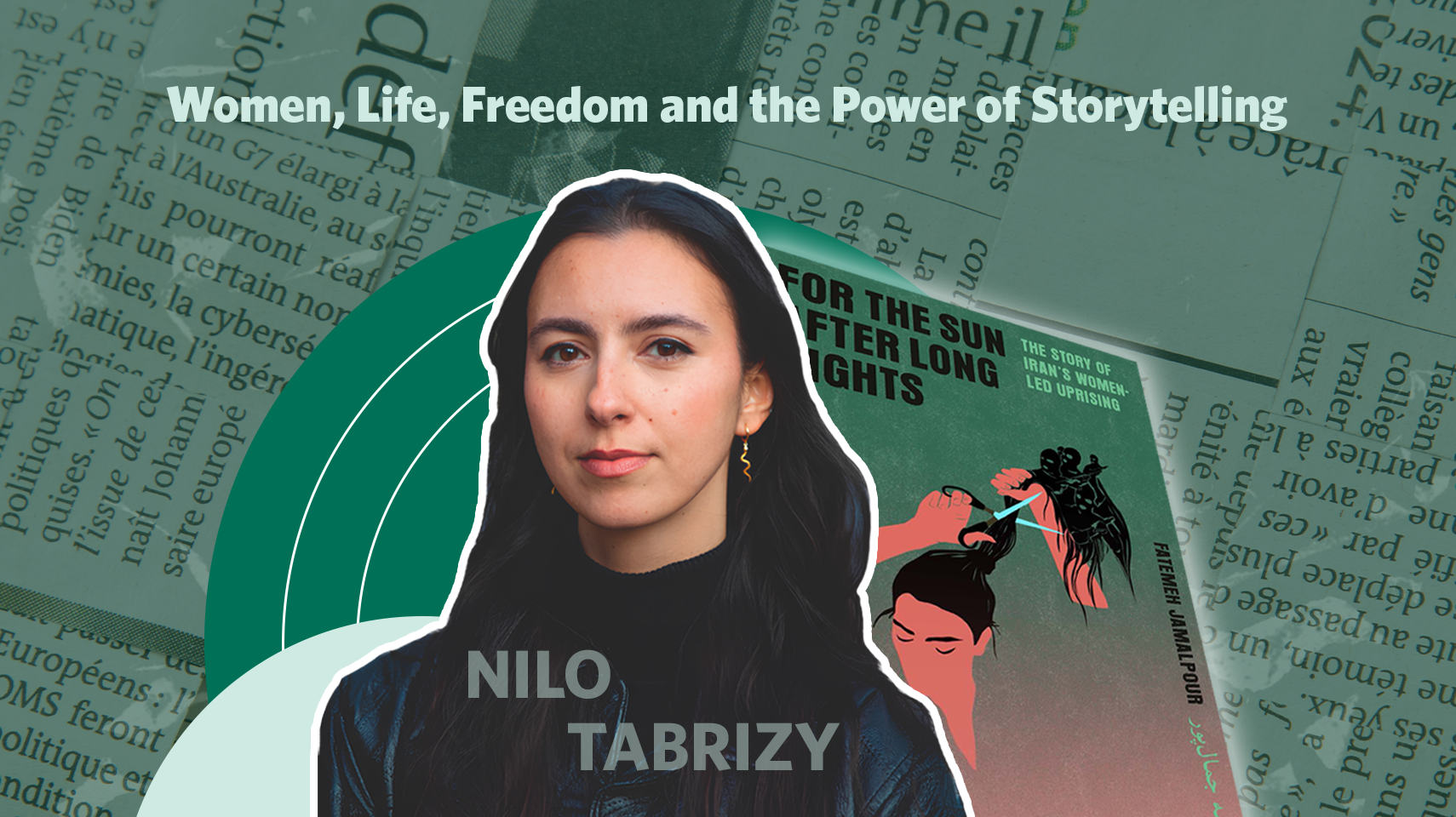What do Americans want from immigration policy and why? Amidst a polarized immigration debate, racial anxieties and disputes over American national identity have been at the forefront of political discussion.
In his new book, Immigration and the American Ethos, UBC Political Science Assistant Professor Matthew Wright and University of Southern California Professor Morris Levy interrogate what values shape Americans’ attitudes towards immigration and why so many Americans hold both pro- and anti-immigration positions simultaneously.
We spoke to Matthew Wright about his new publication.


Assistant Professor Matthew Wright
How do creedal values shape American judgments about immigration?
People carry deeply-rooted conceptions of the social contract, what society owes them and what they owe society in return. Immigration policy debates, which concern questions about how many people should be allowed to immigrate, who should be allowed and on what terms, and what rights and duties they have once they have immigrated, all bring these contractarian conceptions to the front of peoples’ minds rather easily.
You outline that many Americans simultaneously hold a mix of pro-immigrant and anti-immigrant positions, what do these contradicting opinions look like?
For one thing, people tend to be inconsistent with respect to the distinction between about abstract policy goals (disliking illegal immigration and wanting it reduced) and specific policies aimed at achieving those (raids and crackdowns). For another, they tend to hold distinct opinions across policy areas. For example, many people who want to decrease immigration generally support extending citizenship rights to immigrants illegally in the country.
3) What are the conventional views about the relationship between prejudice and core values and where does your research challenge them?
The conventional view is that immigration attitudes flow predominantly from our desire to help our own racial/ethnic group and, possibly, hurt outsiders. Immigration is, fundamentally, a question of “us” versus “them”. We challenge this view by showing that it cannot explain the kinds of ambiguities raised above, and that, when the two forces are at odds, values win out for most people, most of the time.
4) How does your book reveal insights for political strategy and framing?
It shows that immigration attitudes are powerfully susceptible to framing effects and that “values” frames should be, broadly speaking, persuasive to people. This doesn’t necessarily favour one side or the other of a given immigration debate, as the kinds of values we study are often two-sided. One could frame illegal immigration as a “law and order” style issue, with an emphasis on enforcement, but one could also frame it as a violation of egalitarian norms and hostility to the notion of “second-class citizenship.” Or, a humanitarian framing could emphasize the suffering of those fleeing persecution and who are separated from their families. But, it could also emphasize victims of immigrants who have committed violent crimes.
5) What changes do you anticipate in American views over immigration going into the next decade? How might these evolve because of COVID-19?
Americans’ views about immigration have been, by and large, trending positively over the past ten or so years on most of the (relatively few) items for which good trend data is available. Some of that is explicitly about being against Trump, but the trend preceded Trump’s rise. Harder to say what will happen in the wake of COVID-19, as we’re in uncharted territory there. I wouldn’t be surprised to see people become warier of large-scale immigration, but I also wouldn’t be surprised if the direction and degree of peoples’ responses depended significantly on how matters are framed for them. More research is required!


